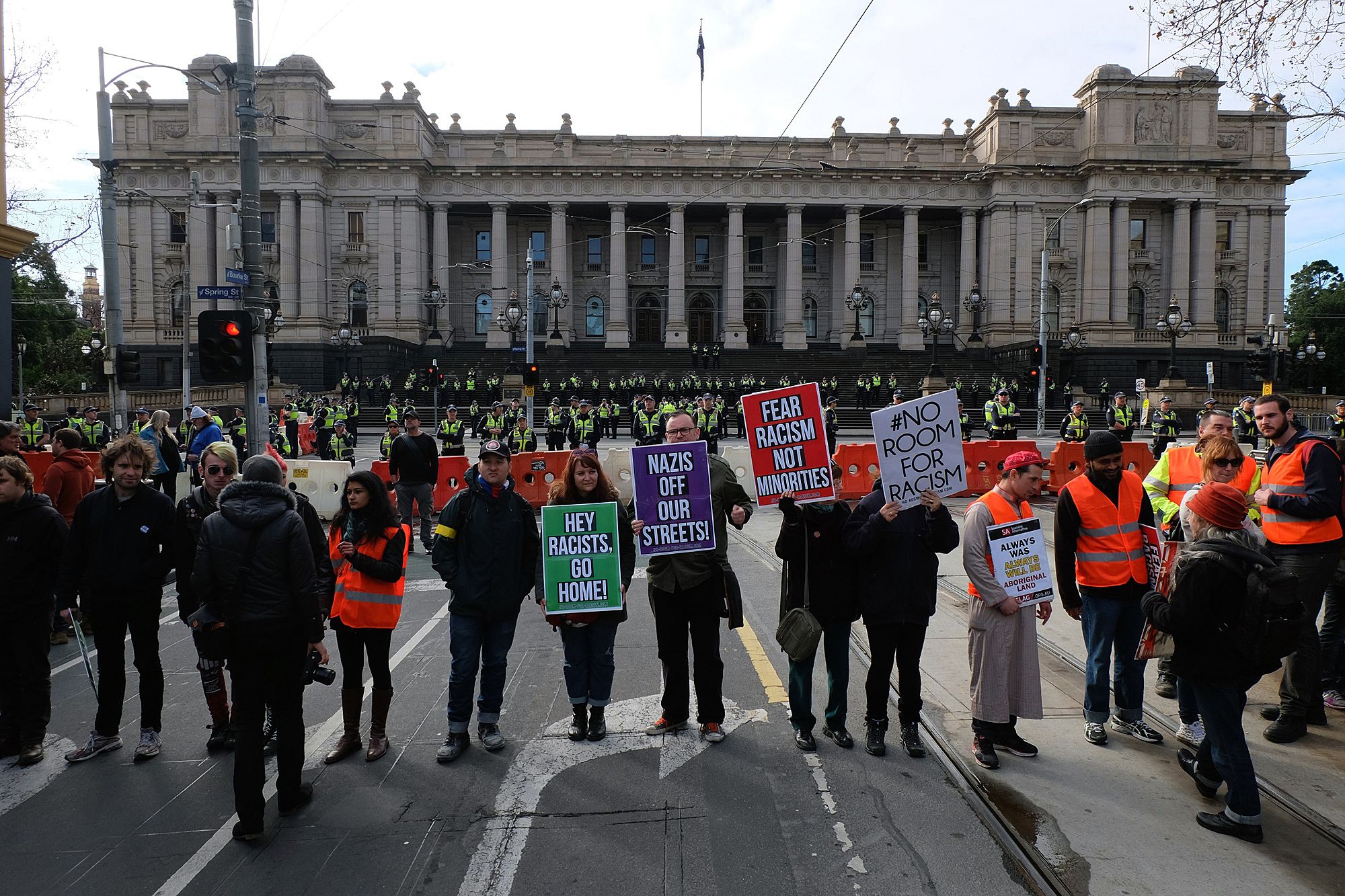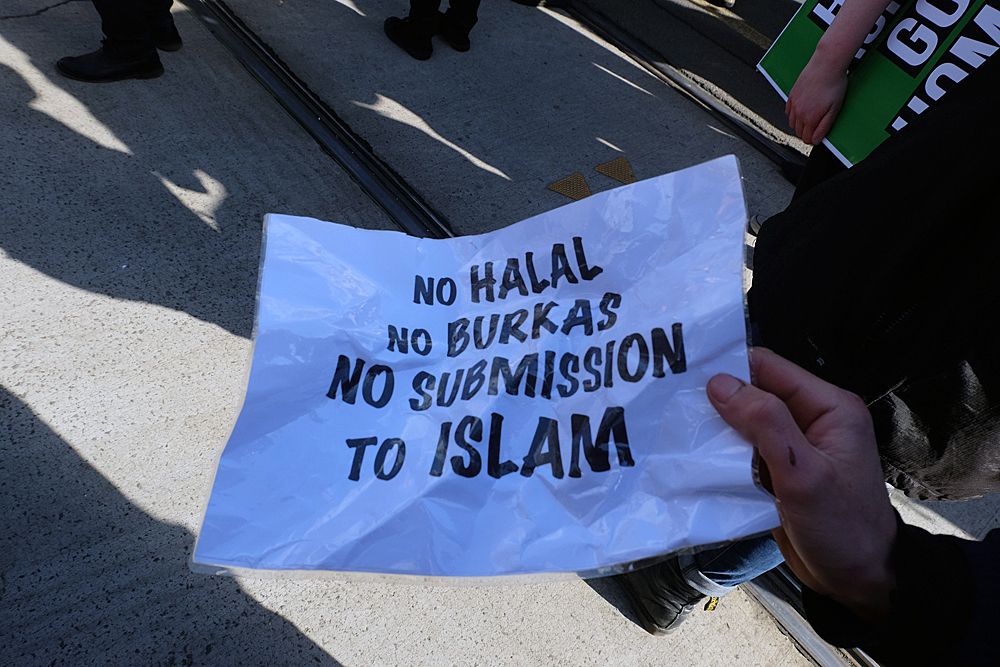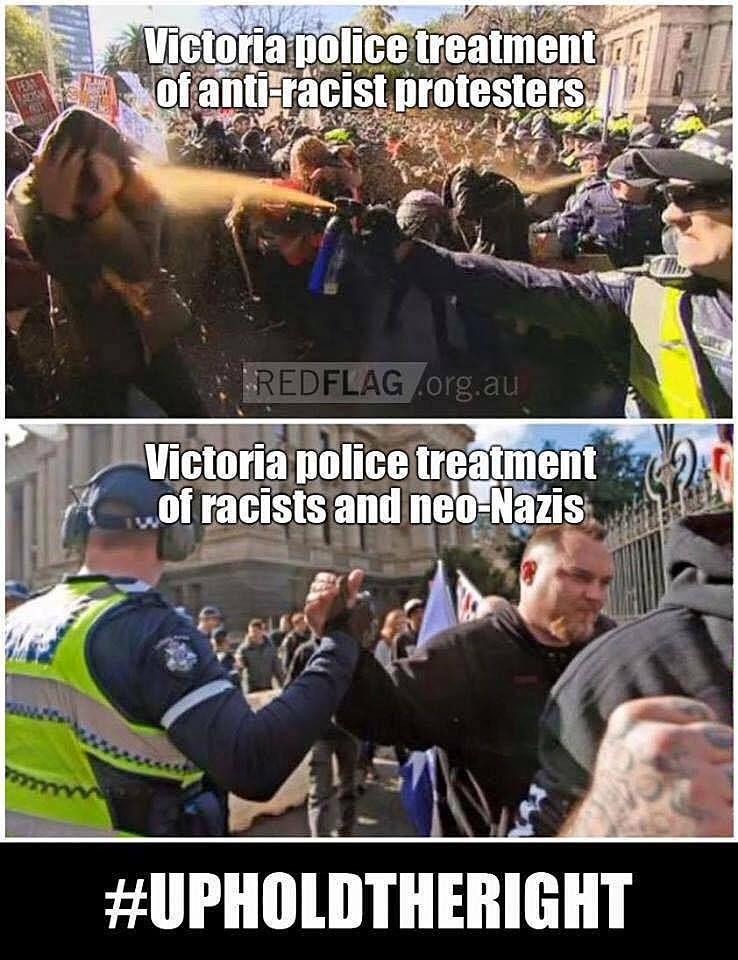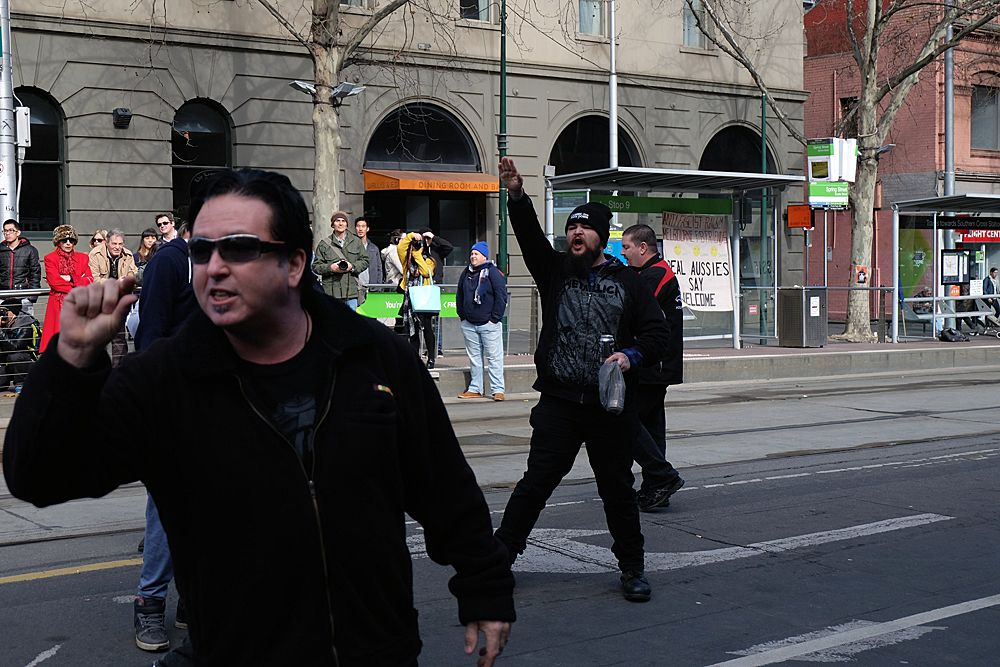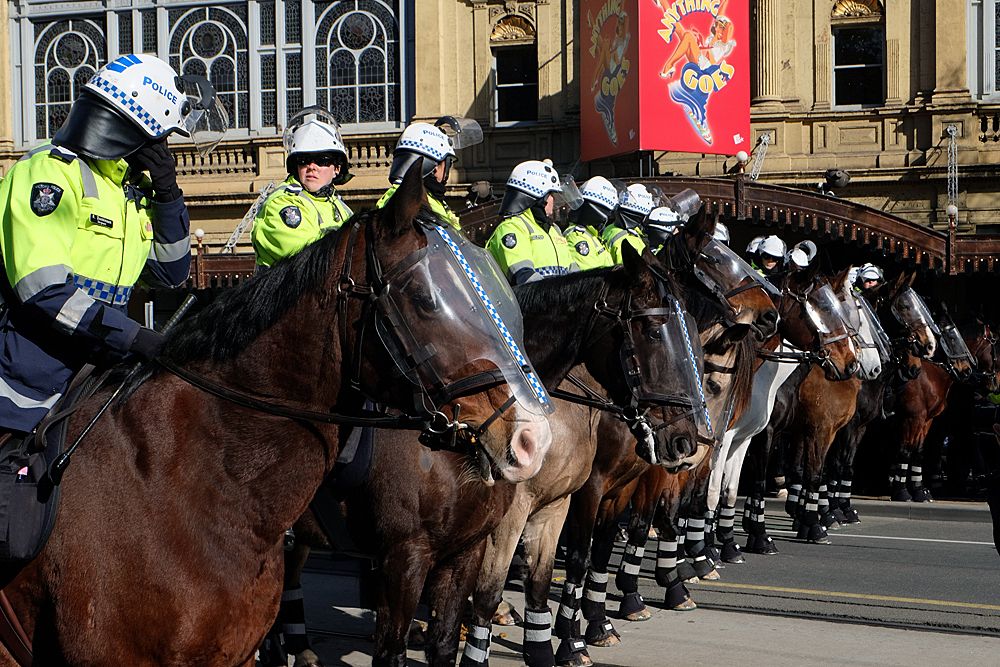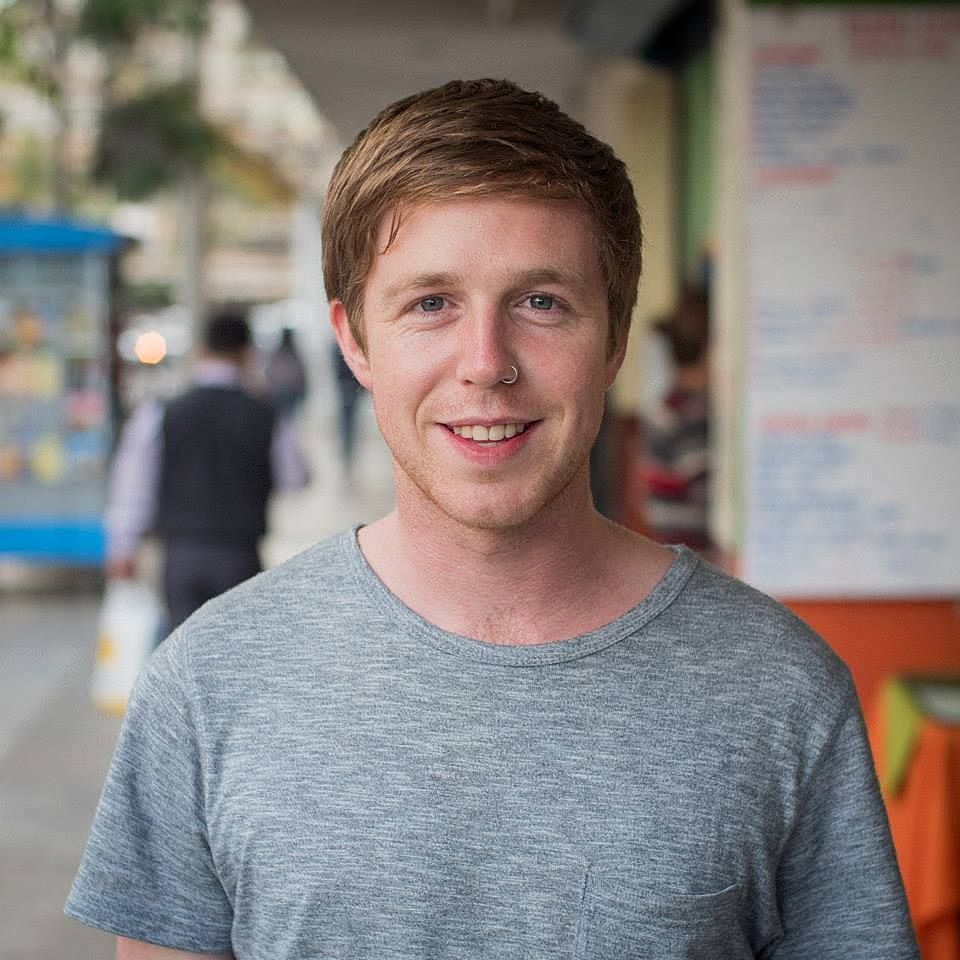Racism fills headlines across the ditch, too
Racism and ethnic stereotyping have been in the headlines a lot lately. The Labour Party’s data on properties sold to investors with Chinese sounding names attracted major criticism; a Chinese driver’s keys were confiscated; workplace summits were held on stopping discrimination against Muslim workers; and a bus passenger was caught on camera abusing tourists.
While it’s difficult to tell whether there’s been an increase in racial, ethnic or religious discrimination in New Zealand, there’s no doubting that actions of our political leaders play a key role in encouraging — or perpetuating — harmful stereotypes.
We’d do well to observe this in our neighbours across the ditch, who are seeing what happens when the political discourse becomes saturated with racial stereotyping. We’ve all been told Australia is a fair bit more racist than us, and to some degree history backs these claims. Their Indigenous people were only being recognised as humans back in 1967, rather than ‘flora’ or ‘fauna’. More recently, oddly popular political parties entirely dedicated to a culturally homogenous country have been established by members of parliament. Just this year, the Australian federal government passed a law cutting all funding to small indigenous communities, with Prime Minister Tony Abbott saying that he didn’t want to fund their “lifestyle choices”.
Along with Indigenous communities, the Australian government has shown scant regard for the profile of another minority community: Australian Muslims. Since gaining power in 2013, the Abbott administration has become seemingly obsessed with cracking down on “domestic terrorism”, providing a distraction from other domestic concerns like the failing economy or the Bronwyn Bishop transport spending debacle. With rhetoric focused on the ‘threat of Islam’, Abbott’s government has been choosing to react to a this ‘threat’ in a way that doesn’t consider — or doesn’t care about — the harmful stereotypes it’s encouraging.
It’s impossible to believe that political fear-mongering has played no part in Australia’s most recent embarrassment: a series of pro-nationalist, anti-immigration rallies around Australia that brought together hundreds, perhaps thousands, of marchers. Led by the groups United Patriots Front and Reclaim Australia, the rallies have been inspired by concern with the perceived rise of domestic Islamic fundamentalism.
These groups want to ban Muslim practices like Halal meat, the burqa, and do away with cultural considerations embedded within government policy. Spurred on by the Abbott administration’s increasing focus on homemade ‘migrant terrorists’, the last year has seen these racially charged movements swell in momentum, influence and numbers. Predominantly focused on Islam, the marches also highlight an ongoing undertone that seems to be deeply concerned with threats from an ‘Other within’.
Last fortnight these groups held what they described as “Australia’s largest ever patriot rallies” around the country. In response, a coalition of groups under the banner No Room for Racism held counter-marches in cities across Australia, representing a broad spectrum of migrant, indigenous and religious groups supported by various progressive organizations.
The largest took place in Melbourne, where Reclaim Australia and United Patriots Front protesters intended to hold the largest rally of all. The No Room For Racism counter-movement aimed to prevent it from going ahead, setting up barricades outside a police-protected area in front of Victoria Parliament steps. Horses were called in to quell potential violence, and a pervasive unease appeared to be felt by everyone present (I participated in the No Room for Racism counter-march myself).
Melbourne Police used pepper spray on members of the counter-rally to drive back crowds, with several people needing to be admitted to hospital for treatment with breathing problems. The Police were subsequently accused of being heavy-handed towards counter-rally participants while actually providing an escort to those supporting the United Patriots Front and Reclaim Australia groups.
From the start, the rallies were expected to be violent. The United Patriots Front and Reclaim Australia organizers threatening the No Room For Racism protesters to “stay away or risk being hurt”. Their warning proved accurate, with United Patriots Front and Reclaim Australia supporters clashing with No Room For Racism protesters throughout the day in violent confrontations, often when “Patriot Rally” participants tried to forcibly cross No Room For Racism barricades.
Both sides claimed victory; the Reclaim Australia and United Patriots Front went ahead with their rally thanks to police support, while No Room For Racism claimed victory by virtue of more than ten times the number of people participating in the counter-march.
One major theme emerging from post-march discussion was that government policy —the increasing focus on countering Islamic terrorism, and the rolling back of multiculturalism policy across the country — had legitimised the position of the United Patriots Front and Reclaim Australia. Unsurprisingly, given the government’s rhetoric, the march at the Brisbane Reclaim Australia rally saw a Liberal MP speak in support of the demonstrators.
Like Australia, New Zealand has a history of attempts toward multiculturalism, and acceptance of people from different different places, ethnic backgrounds, religions and cultures. It’s a significant component of the national myth, and something that many Kiwis are proud of.
Yet unfortunately we’re also seeing racial and ethnic difference being used as a political tool in building support of certain policies. Both of New Zealand’s two largest political parties have faced scrutiny for this recently, with the National Party being accused of fear mongering around the fear of Islamic terrorism, and the Labour Party challenged for apparently inciting racism with their report on Chinese house buying.
Unsurprisingly this isn’t a new phenomenon, with NZ First having used fear of foreign immigration as a political scapegoat for many years. Back in 2013, we also saw the Facebook page ‘The Pakeha Party’ gain more than 40,000 followers in just a few days, highlighting how quickly many people are willing to get behind a ‘political’ cause charged with this sort of tension.
If we’re to stop New Zealand going the way of our Aussie neighbours — with violent clashes on the streets and growing anti-immigration and nationalist movements — we need our leaders to be more mindful of the way their policies can perpetuate harmful stereotypes. We need our media, too, to be more active in holding them to account, ensuring that when the race card is played irresponsibly, savvy journalists are there to critique rather than fan the flames.
As voters in a supposedly multicultural nation, we need to be wary of policy perspectives that endorse racially charged positions, or which provide a platform for extreme nationalist groups to grow here in New Zealand. We need to ensure that whichever political party they represent, our leaders repudiate using ethnic differences as a tool for political gain.
